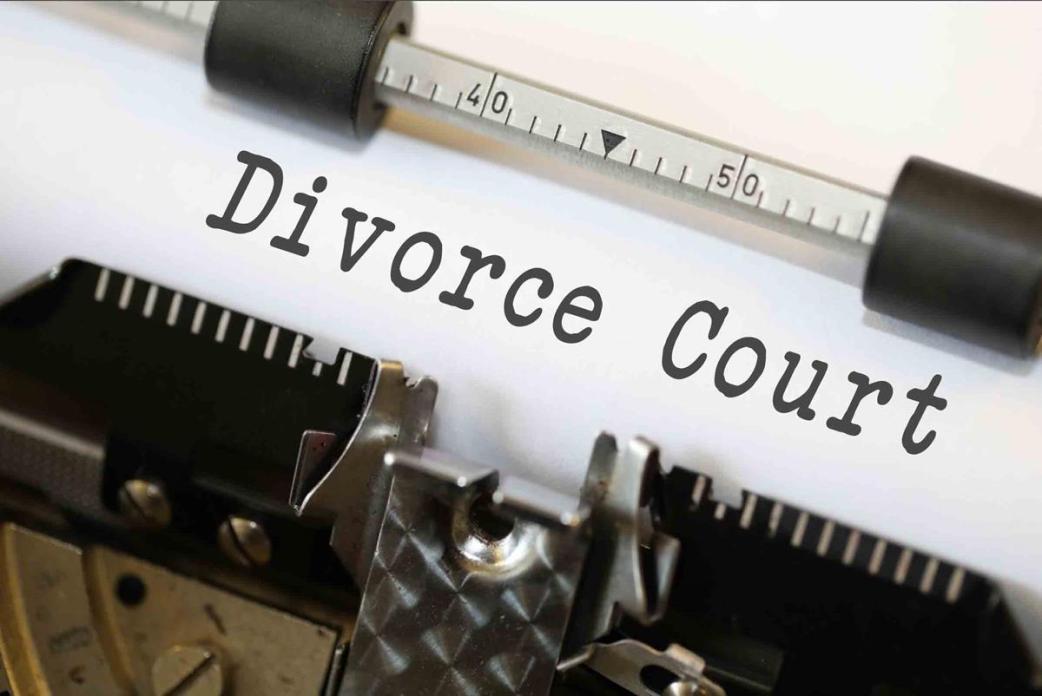How Can I Get a Divorce Without a Lawyer?
Divorce is a legal process that formally dissolves a marriage. It involves complex legal procedures and can have significant financial and emotional implications for both parties involved. While it is generally advisable to seek the assistance of a lawyer to navigate the divorce process, there are certain circumstances where it may be possible to get a divorce without a lawyer.

Understanding The Divorce Process:
- Types of Divorce: There are different types of divorce, including uncontested divorce (where both spouses agree on all terms), contested divorce (where spouses disagree on some or all terms), and summary divorce (an expedited process available in certain jurisdictions).
- Key Steps: The divorce process typically involves filing a petition, serving the divorce papers on the other spouse, exchanging financial information, negotiating a settlement agreement, attending a court hearing (if necessary), and finalizing the divorce by signing a divorce decree.
- Legal Requirements: Each jurisdiction has specific legal requirements for divorce, such as residency requirements, grounds for divorce, and mandatory waiting periods.
Preparing For A Divorce Without A Lawyer:
- Research and Education: It is crucial to educate yourself about divorce laws and procedures in your jurisdiction. Research online, consult legal aid organizations, and consider purchasing self-help books or online resources.
- Gather Documents: Organize and gather all necessary documents, including marriage certificate, birth certificates of children, financial statements, and any other relevant documents.
Filing For Divorce Without A Lawyer:
- Drafting Documents: You will need to draft the divorce petition and other required documents, ensuring they comply with legal requirements and are properly formatted.
- Filing the Paperwork: File the divorce petition and supporting documents with the appropriate court. Make sure to pay any required filing fees.
- Serving the Divorce Papers: Serve the divorce papers on your spouse in accordance with the rules of your jurisdiction. This may involve personal service or service by mail.
Negotiating A Divorce Settlement:
- Communication and Cooperation: Open communication and cooperation between spouses are essential for reaching a mutually acceptable settlement agreement.
- Key Issues: Negotiate key issues such as division of property and assets, child custody and support, and spousal support (alimony), if applicable.
Finalizing The Divorce:
- Court Hearing: In some cases, a court hearing may be necessary to resolve contested issues. Be prepared to present evidence and arguments supporting your position.
- Signing the Divorce Decree: Once the settlement agreement is reached, both spouses must sign the divorce decree, which is a legally binding document that正式地结束婚姻.
- Filing the Final Documents: File the signed divorce decree with the court to finalize the divorce.
Post-Divorce Considerations:
- Changing Names: If you wish to change your name after the divorce, you will need to take the necessary steps to do so, such as updating your driver's license and social security card.
- Updating Estate Plans: Review and update your estate plan, including your will and beneficiary designations, to reflect your new marital status.
- Tax Implications: Be aware of the tax implications of divorce, such as the division of marital assets and potential tax deductions or credits.
Getting a divorce without a lawyer can be a challenging process, but it may be possible in certain circumstances. It requires careful planning, preparation, and a willingness to navigate the legal system. However, it is important to note that legal issues can be complex, and seeking professional advice from a qualified attorney is highly recommended, especially if there are contested issues or significant assets involved.
YesNo

Leave a Reply